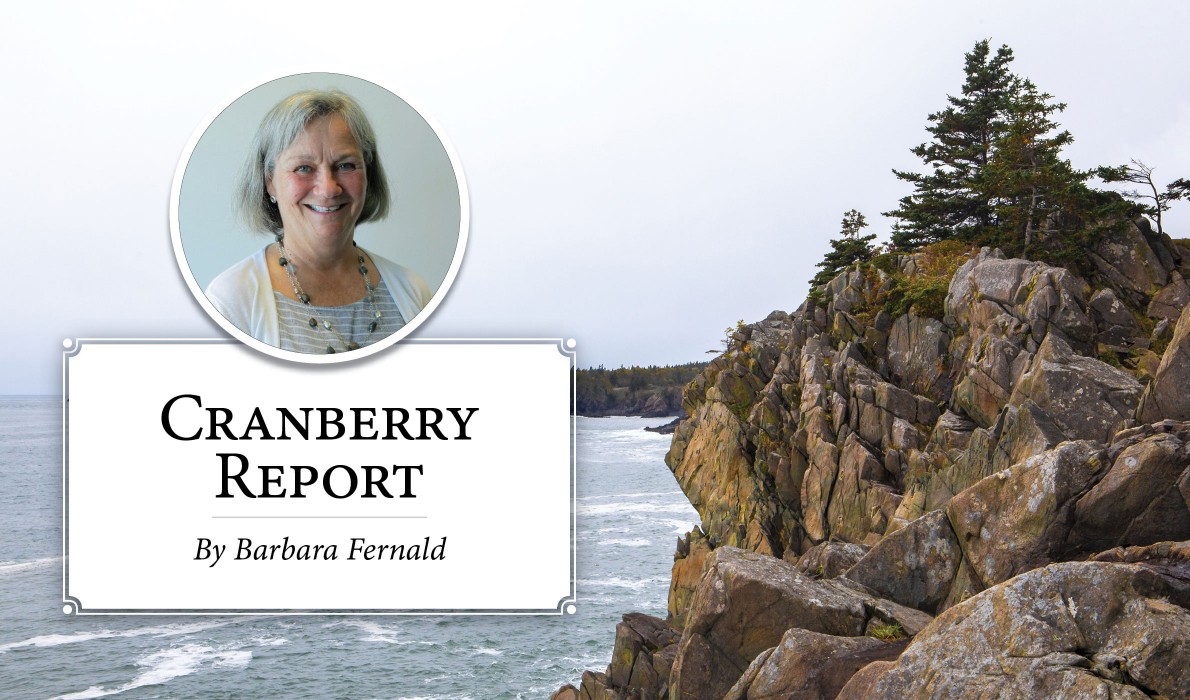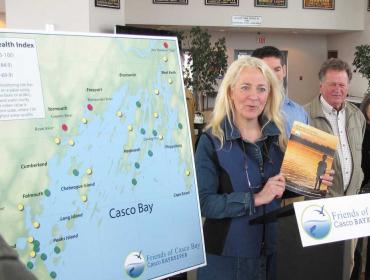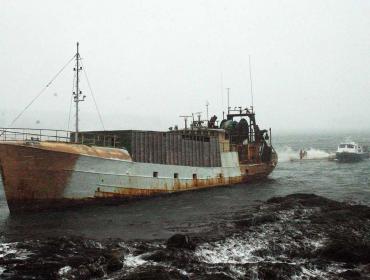Posted September 16, 2020
Last modified September 16, 2020
By Barbara Fernald
I was asked in the late spring if I would be willing to participate in a webinar with The Working Waterfront’s three other island columnists to answer questions about island living. Our editor, Tom, was to be the moderator of a panel discussion via Zoom. He sent us his questions ahead of time and said there would also be a 20-minute segment at the end of the discussion for questions that viewers would submit.
With five minutes left in the program, the question was asked, “How are your islands addressing the Black Lives Matter movement? Barb?”
I did not have a ready answer, and I felt deeply ashamed. So, I panicked and responded with “Go to Courtney,” because I could see her hand waving on the screen below me.
The question is important. I think we should all ask ourselves what we are doing about Black Lives Matter. The small island where I live could hardly be called diverse. Many people who live here believe that the island is “a very welcoming place to anyone. Racism just isn’t an issue here.” These convenient beliefs were challenged recently at an island memorial service in honor of George Floyd.
The gathering was organized by a young black woman who grew up here. Several people spoke, but it was her steady recounting of a different history that punched me in the heart and took away my convenient innocence. I have asked for permission to reprint some of her words:
“In Maine and other states, I’ve experienced racial profiling. I’ve been threatened with police for just existing. I’ve been told to go back to my country. I’ve been physically and verbally assaulted. I’ve been denied service at stores and restaurants. I have had my pain ignored by doctors and nurses. I have seen people assaulted by the police. I have been mistreated by the police, learned interacting with the police can cause more harm and I can’t expect them to protect me. I have seen people and myself denied empathy and understanding. I have seen people denied justice.
“Islesford and the Cranberry Isles is home to me, even when I do not live here. And when I return from my adventures away, this community welcomes me home with love and open arms and I am thankful.
“At the same time, this beautiful place can be a place of pain. Even here I endure the legacies of white supremacy, of racism, of ignorance, whether or not that is the intention. On these islands I have been called slurs, I have been treated differently.
“I have been told I misunderstood, that I’m too sensitive, that I’m playing the race card. I’ve been told I’m not really black. I’ve been told that the person causing me pain didn’t mean me, that they just aren’t ‘PC’, that they aren’t racist, that they have friends who are black, that they don’t have a racist bone in their body, that they don’t see color.
“I’ve been told to be quiet.”
On the Sand Beach, that day of the service, 50 of us were standing 6 feet apart and wearing masks. There was enough of a breeze blowing that the waves were steadily lapping the shore. It was difficult to hear. I am honored that my friend let me repost her words, here. Especially for the people who were at the service yet unable to hear all of it. Her words made me realize how very little I understand, and how very much I have to learn. They humbled me. What can I do to support the changes that need to be made?
My brother sent me a reading list from a group of scientists who started a diversity/antiracist reading group where he works, in D.C. (I’m happy to share it with anyone who asks.) I’ve had discussions with my friend at the transfer station who was reading How to Be an Anti-Racist by Ibram X. Kendi. She comes from a diverse background but had never heard the term. She wanted to learn.
One island reading group has been discussing the book, White Fragility, by Robin DiAngelo. I’ve started reading Stamped from the Beginning: The Definitive History of Racist Ideas in America, by Ibram X. Kendi and I’m recommending Between the World and Me by Ta-Nehisi Coates for our book group in October.
I plan to do a lot of reading to better understand what I need to learn. I don’t know what else to do from a tiny Maine island in the middle of a pandemic, but it feels like a start. My innocence of black history is a recognizable white privilege that I can and will work to relinquish. Black Lives Matter.
Barbara Fernald lives and writes on Islesford (Little Cranberry Island). Her editor apologizes for throwing such a loaded question without warning at her during the panel discussion.

Contributed by




